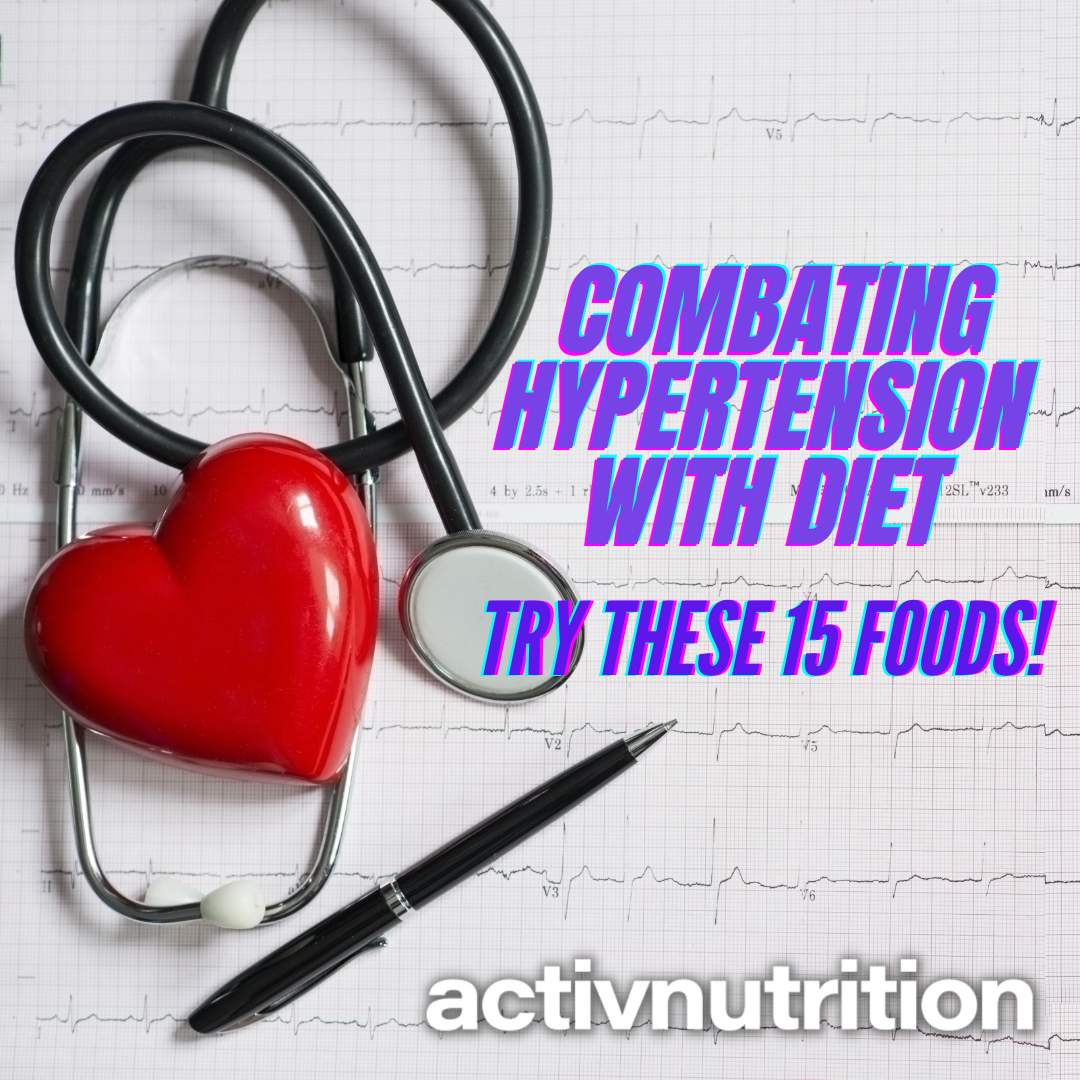Combating Hypertension with Diet – Try These 15 Foods!
05/02/2023Hypertension, or high blood pressure, is a silent killer affecting millions worldwide. It’s a significant risk factor for heart disease and stroke, and it can lead to serious health complications if left untreated. You can combat hypertension through diet. In this article, we’re going to explore 15 foods to combat hypertension. These foods contain minerals and antioxidants, from fruits to whole grains, to help keep your blood pressure in check. So, to control your hypertension, try incorporating these foods into your diet today!
Hypertension & Diet
While genetics and certain medical conditions can play a role in the development of hypertension, lifestyle factors such as diet also play a significant role. A diet high in salt, saturated fats, and added sugars can increase the risk of hypertension, while a diet rich in fruits, vegetables, whole grains, and lean proteins can help to lower blood pressure.
Hypertension is often associated with other conditions such as metabolic syndrome, diabetes and obesity, so it’s essential to ensure that the overall diet is balanced, nutrient-dense and includes a variety of foods.
What is Hypertension?
Hypertension, high blood pressure, is a condition inducing blood force against the walls of the arteries being consistently too high; systolic blood pressure of 140 mmHg and diastolic blood pressure of 90 mmHg or higher.
Causes of Hypertension
- Genetics
- Age
- Obesity
- Lack of physical activity
- Unhealthy diet
- Stress
- Smoking
- Alcohol consumption
15 Foods to Combat Hypertension
Oats and Nuts
Oats contain dietary fibre, specifically beta-glucan, which can help to lower cholesterol levels and reduce hypertension. They also contain antioxidants and minerals like potassium to regulate blood pressure. Oats are also rich in magnesium, a mineral that helps to relax blood vessels. Regular consumption of oats can also help lower systolic blood pressure and total cholesterol and LDL cholesterol levels.
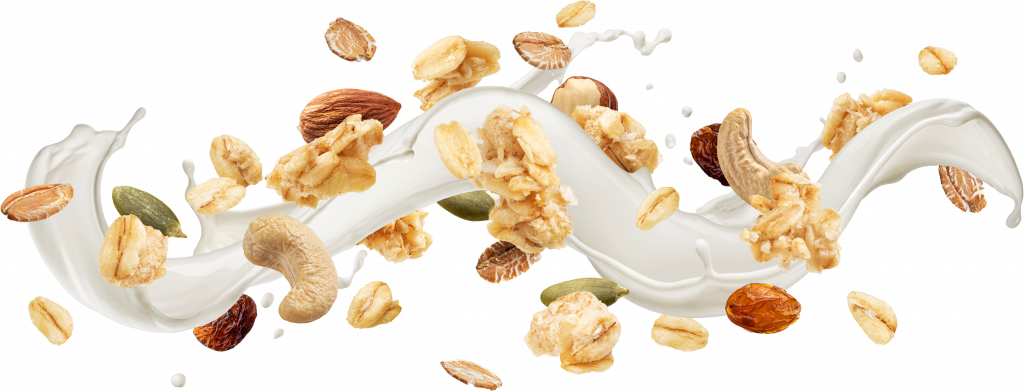
Nuts such as almonds, walnuts, and pistachios are rich in healthy fats, protein, and minerals like magnesium and potassium. They also contain antioxidants and fibre, which can help to improve overall cardiovascular health and are associated with lower blood pressure; improved blood vessel function.
Tea and Coffee
Both green and black tea contains flavonoids, which are antioxidants that can help to lower blood pressure. Caffeine, a natural stimulant in coffee, can cause a temporary spike in blood pressure, but regular consumption may lead to a long-term decrease, according to a 2017 review.
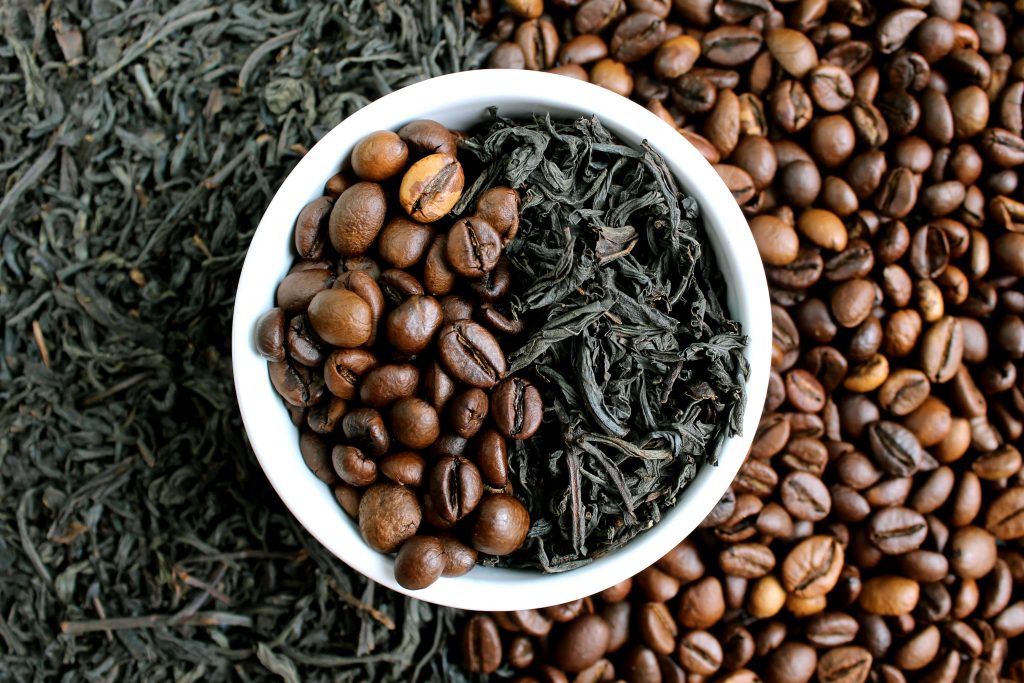
Excessive consumption of tea and coffee can adversely affect health, and it’s essential to consume them in moderation. Also, adding sugar, cream or syrups to tea and coffee can add extra calories and sugar, causing hypertension.
Eggs and Legumes
Eggs comprise protein and essential nutrients such as choline, essential for healthy heart function and can lower blood pressure. They also contain antioxidants like lutein and zeaxanthin, which help to protect the blood vessels.
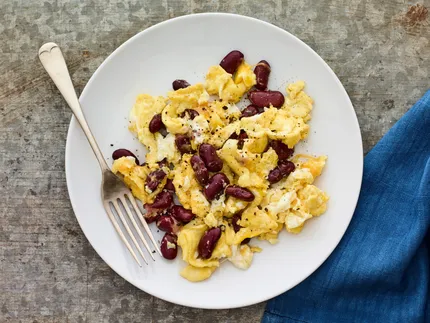
Legumes, such as beans, lentils, and chickpeas, are a great source of dietary fibre, potassium, and magnesium, all essential minerals that can help lower blood pressure. They also contain compounds such as saponins and flavonoids, which have been shown to have anti-hypertensive properties. Legumes are also low in fat and calories, making them an excellent choice for those trying to maintain a healthy weight and blood pressure.
Avocados
The healthy fats in avocados are primarily monounsaturated fats, which are beneficial for heart health. They help to lower “bad” LDL cholesterol levels and raise “good” HDL cholesterol levels, which can help to reduce the risk of hypertension. Avocados have potassium, a mineral that helps regulate pressure in blood vessels by balancing sodium in the diet.
Additionally, avocados are a good source of fibre and oleic acid, promoting feelings of fullness and reducing the overall intake of calories. Fibre also helps to improve digestion and bowel regularity, which can also lower blood pressure.
Fatty Fish and Lean Meats
Fatty fish like salmon, mackerel, and sardines are rich in omega-3 fatty acids. Omega-3s can help reduce inflammation in the body, a risk factor for hypertension. They also help to decrease the risk of blood clots and lower the heart rate, reducing hypertension. Consuming fatty fish, 6 servings per day, can help to lower systolic blood pressure.
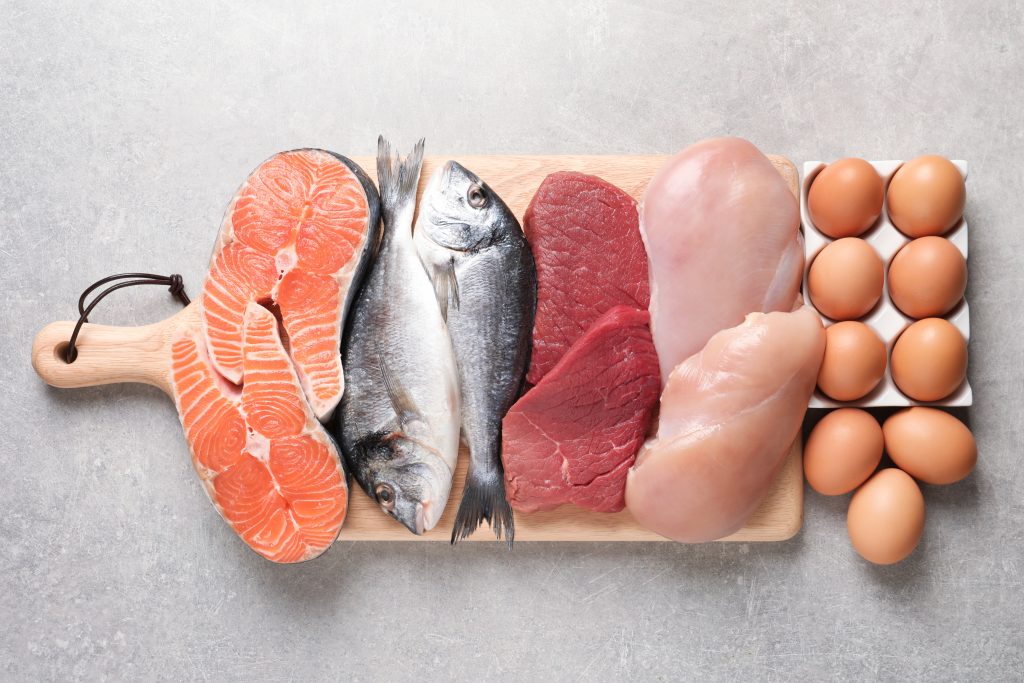
Lean meats such as chicken, turkey and lean cuts of beef are also good protein sources. These are also low in fat and calories, which can help to maintain a healthy weight and blood pressure. Additionally, lean meats are a good source of potassium and magnesium, minerals that can help to lower pressure in vessels.
Dark Chocolate
Dark chocolate is rich in flavonoids, which are antioxidants reported by AHA. Flavonoids are known to widen blood vessels, improve blood flow and reduce inflammation, thus lower blood pressure. The flavonoids in dark chocolate are also known to dilate the endothelium, the lining of the blood vessels.
Dark chocolate has magnesium, a mineral that helps to relax blood vessels. Additionally, dark chocolate contains caffeine and theobromine, which can help increase blood flow and lower blood pressure.
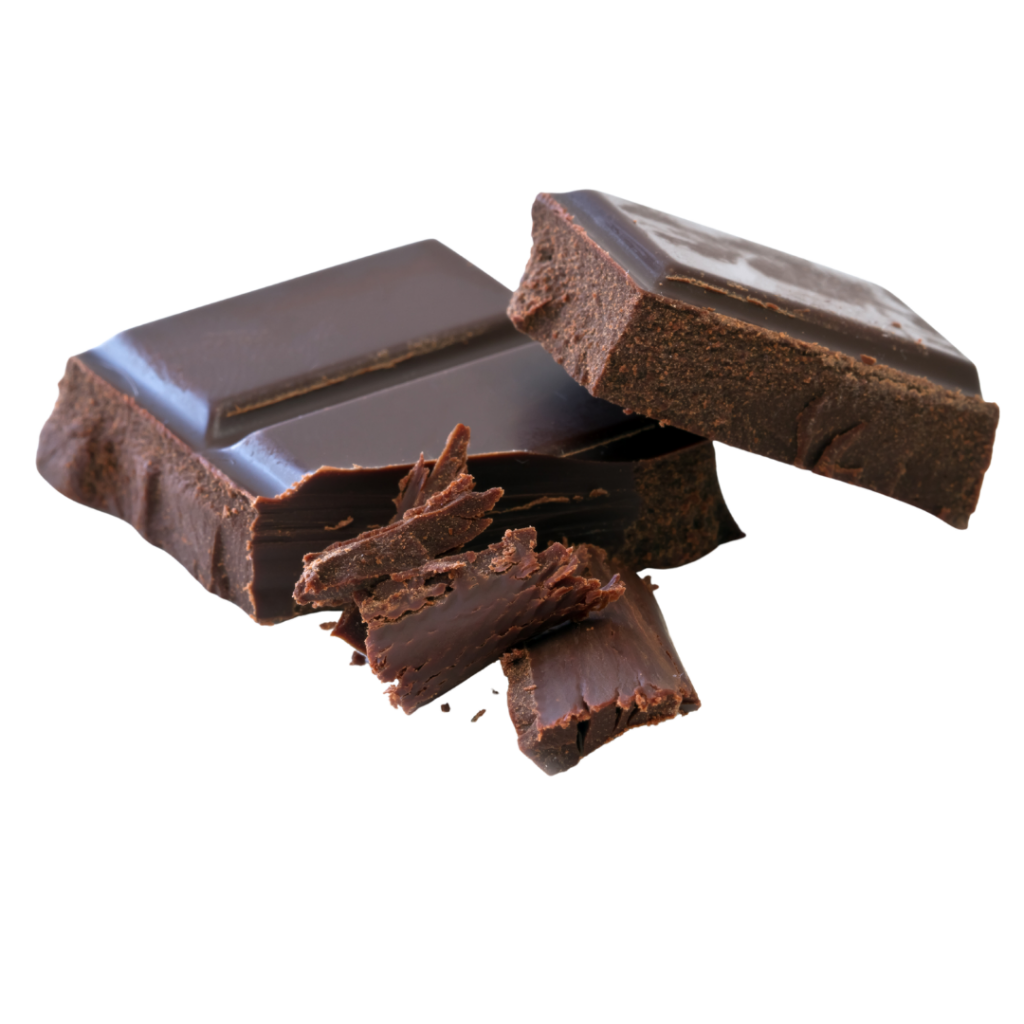
It’s important to choose dark chocolate that is at least 70% cocoa. Also, it’s essential to be mindful of the portion size, as dark chocolate contains calories, and consuming too much can lead to weight gain, which can contribute to hypertension.
Garlic
Garlic is a flavourful and versatile herb that is beneficial in the fight against hypertension. Garlic contains a chemical compound called allicin, which has anti-inflammatory characteristics and antioxidant properties to lessen blood pressure.
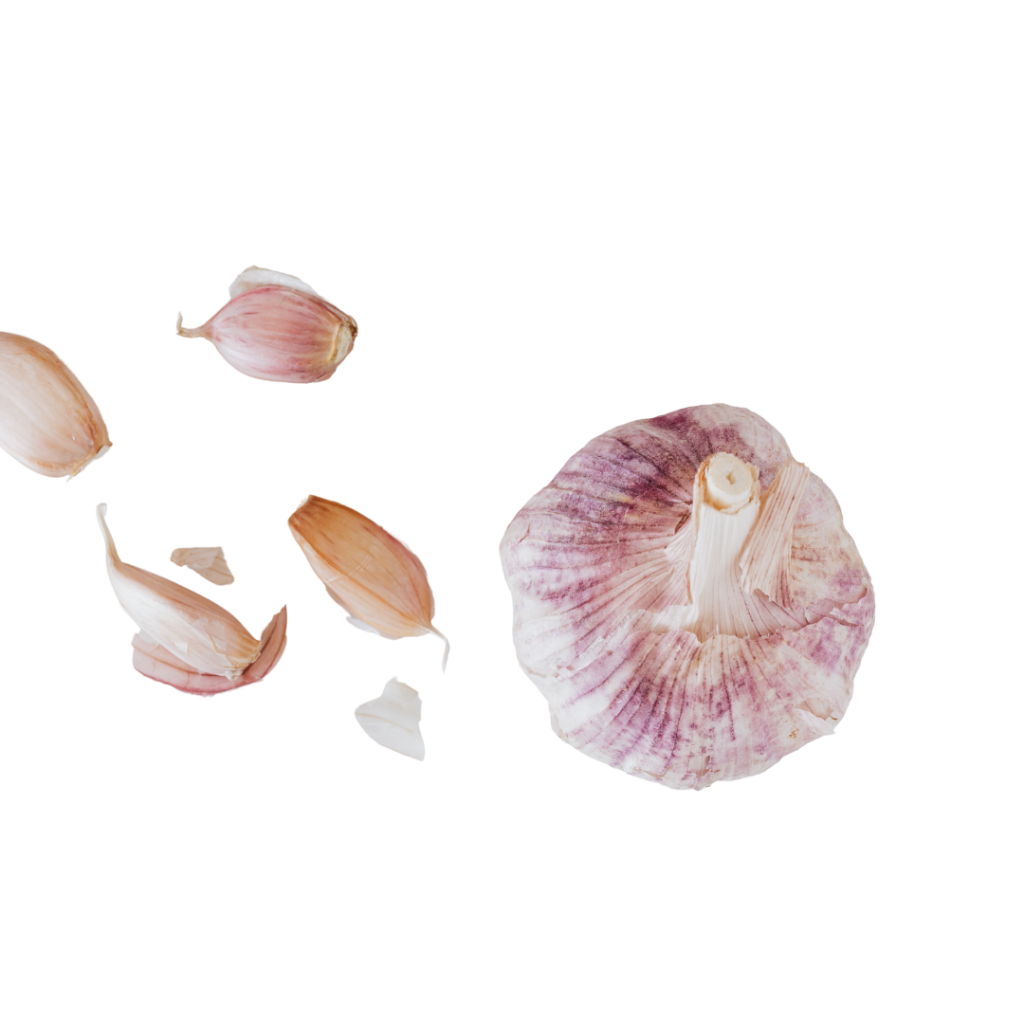
Allicin is a compound activated when garlic is crushed or chopped; it helps to relax blood vessels. Garlic also contains other beneficial compounds, such as adenosine and potassium, which diminish blood pressure.
Citrus Fruits
Oranges, lemons, and grapefruits are rich in vitamin C, potassium, and flavonoids, all of which are antioxidants, hesperidin that can help to improve blood vessel function and reduce the risk of hypertension. Potassium is a mineral that helps to regulate blood pressure by balancing out the effects of sodium in the diet.
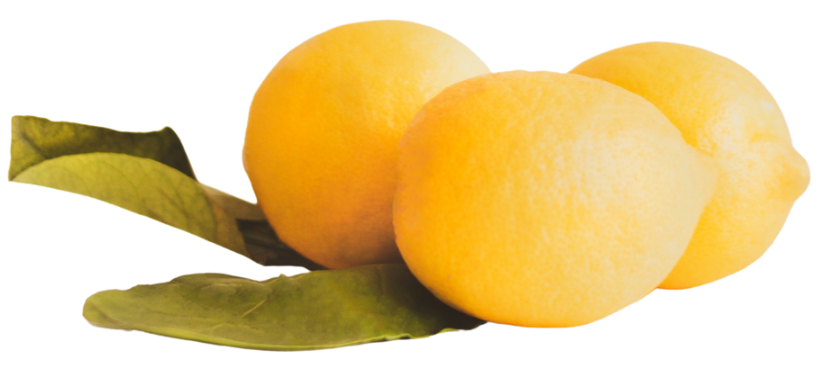
Leafy Greens
Spinach, kale, and broccoli are rich in potassium, magnesium, and nitrates, all of which can help to decrease blood pressure. Potassium works by balancing sodium levels. Magnesium is a mineral that helps to relax blood vessels. Nitrates are compounds to improve blood flow and lower blood pressure.
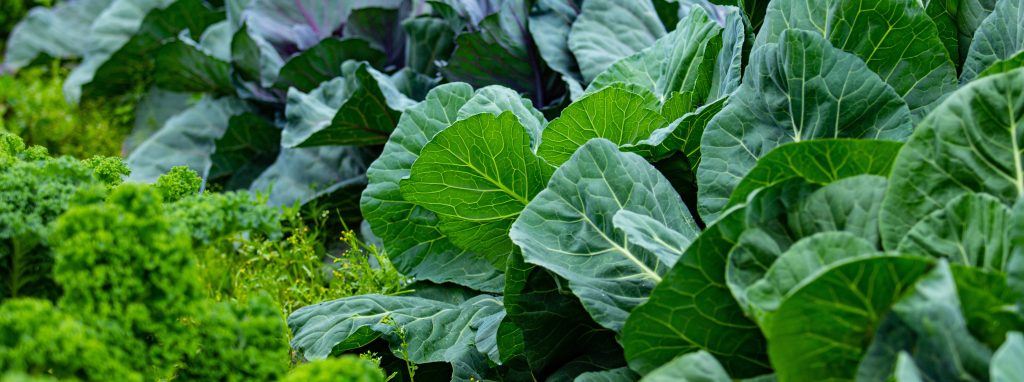
Low Fat Dairy Products
Low-fat dairy products such as skim milk, low-fat yogurt, and low-fat cheese are excellent choices for combat hypertension.
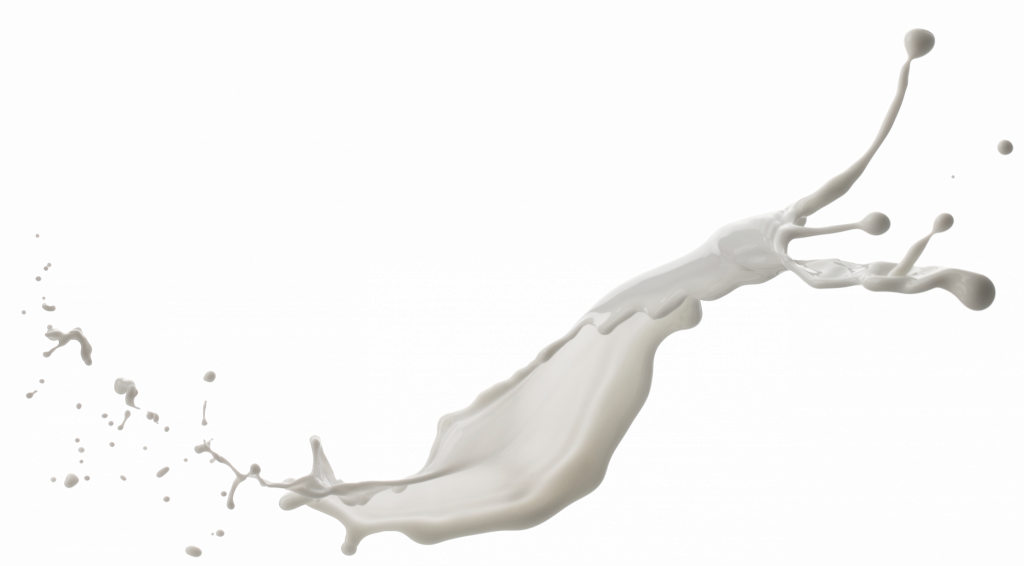
Calcium and magnesium are minerals that help relax blood vessels and lower blood pressure. They work together to regulate the contraction and relaxation of blood vessels. Low-fat dairy products are also rich in potassium; they are recommended as a DASH diet of approximately 2-3 daily servings. Additionally, these products are a good source of protein, which can help to lower blood pressure by reducing the overall intake of calories.
Turmeric
Turmeric is a flavorful and healthy spice beneficial in the fight against hypertension. Turmeric contains a chemical compound called curcumin, which has anti-inflammatory and antioxidant properties.
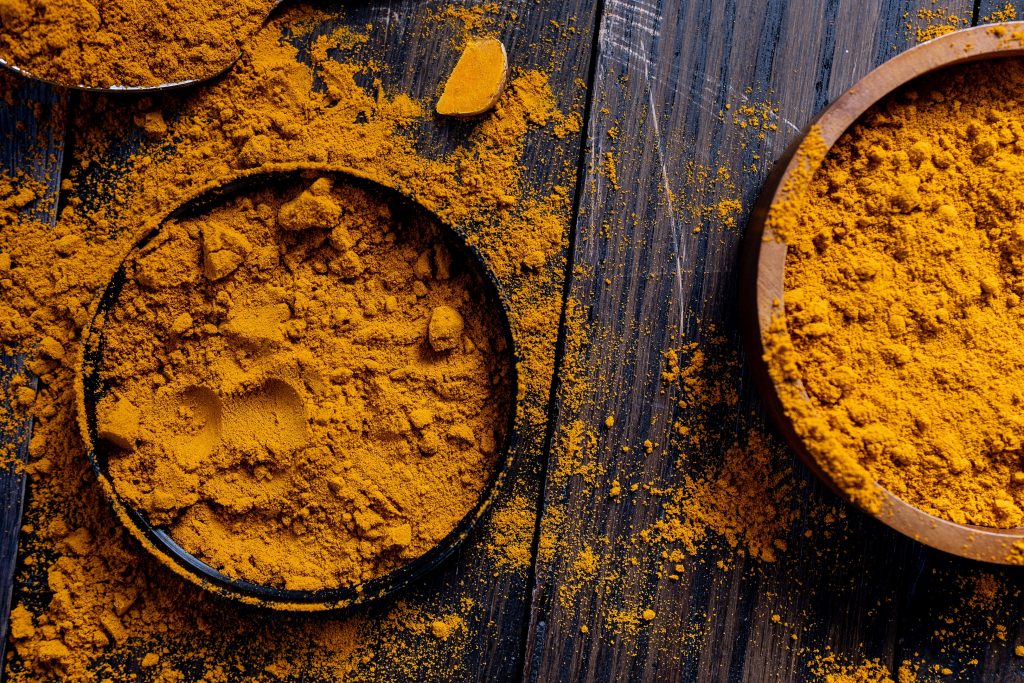
Curcumin is the active ingredient in turmeric to help decrease the risk of blood clots and lower the heart rate, which can help reduce hypertension risk. Additionally, curcumin has been found to improve the function of the endothelial cells which line the blood vessels, making them more elastic and able to dilate correctly, thus reducing blood pressure.
Bananas and Berries
Bananas are a good source of potassium. They also contain high levels of vitamin B6, which helps the body produce neurotransmitters that can reduce stress and anxiety and contribute to hypertension.
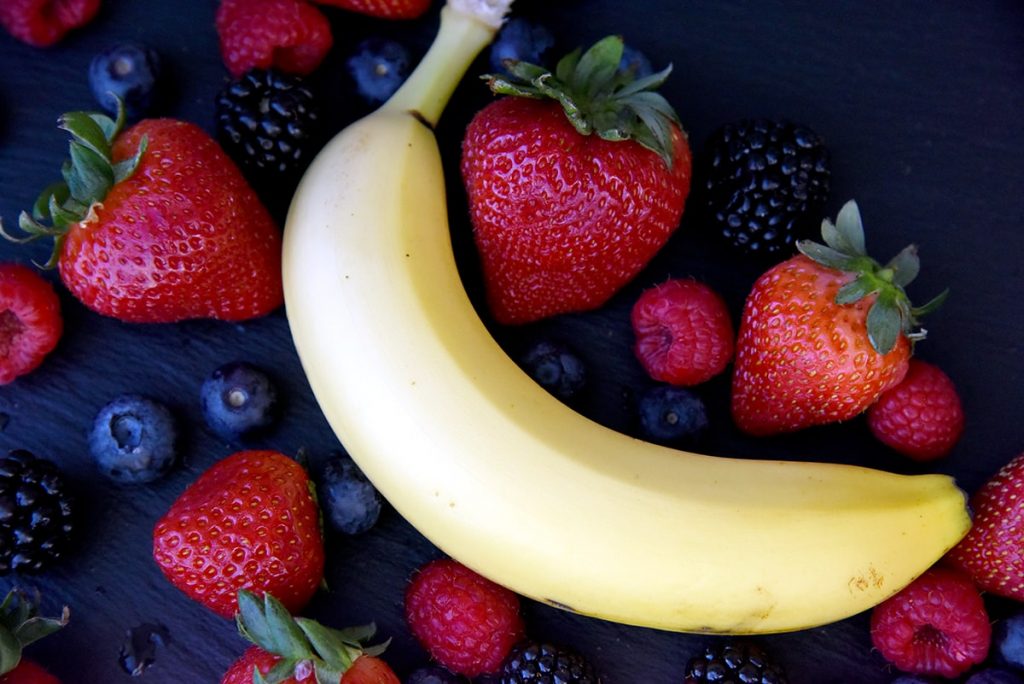
Berries such as blueberries, strawberries, and raspberries are also rich in flavonoids, anthocyanins, and antioxidants that can help lower blood pressure by 8 percent by improving blood flow. They also contain high levels of vitamin C and are an excellent dietary fibre source, which can help lower systolic blood pressure.
Chia Seeds
Chia seeds are rich in fibre, omega-3 fatty acids, and minerals such as potassium, magnesium and calcium. Chia seeds’ high fibre content can help lower blood pressure by promoting feelings of fullness, thus dropping cholesterol levels. Fibre also helps to improve digestion and bowel regularity, which can also lower blood pressure.
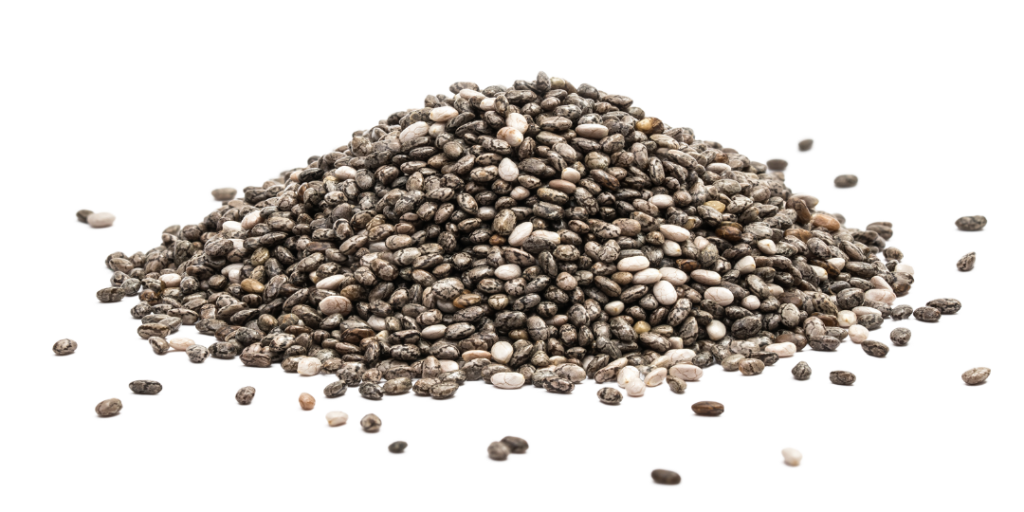
Omega-3 fatty acids found in chia seeds can reduce inflammation in the body, which is a risk factor for hypertension.
Whole Grains and Beans
Whole grains such as quinoa, barley, oats, and brown rice are rich in dietary fibre. Fibre can help to reduce the absorption of cholesterol in the gut. DASH diet recommends 3 ounces of whole grains daily because of minerals such as magnesium and potassium, essential for regulating blood pressure by an average of 2-4 mmHg.
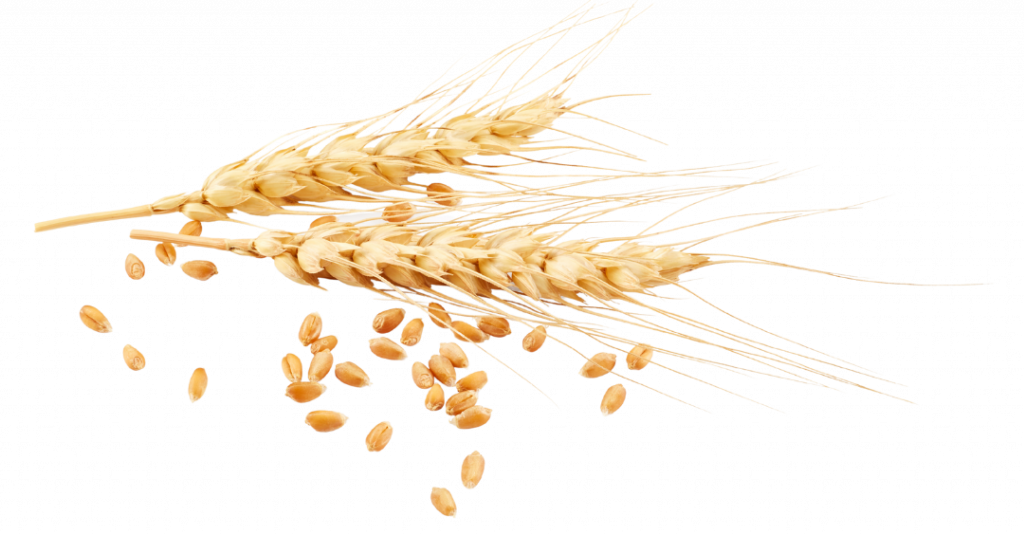
Beans like kidney beans, black beans, and lentils are also rich in dietary fibre and minerals such as potassium and magnesium. They are also low in fat and protein, making them a great alternative to meat. Studies conclude that beans contain compounds such as saponins and flavonoids, which have been shown to have anti-hypertensive properties.
Pomegranate
Pomegranates are a delicious and healthy fruit, rich in antioxidants, polyphenols, and tannins, which have anti-inflammatory and anti-hypertensive effects that lower blood pressure.
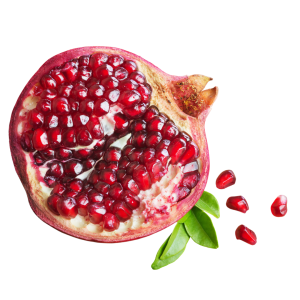
The polyphenols in pomegranates, such as punicalagin, have strong antioxidant properties that can minimise hypertension risk. Pomegranates also contain tannins having blood pressure-lowering properties.
Conclusion: Eat Healthily to Fight Hypertension
Eating a healthy diet can help to prevent and manage hypertension. These foods include eating a diet rich in citrus fruits, vegetables, whole grains, and lean protein and limiting sodium, saturated and Trans fats, and added sugars. It may also include limiting alcohol consumption and maintaining a healthy weight. It is essential to consult with a healthcare professional for personalised advice on managing hypertension.

